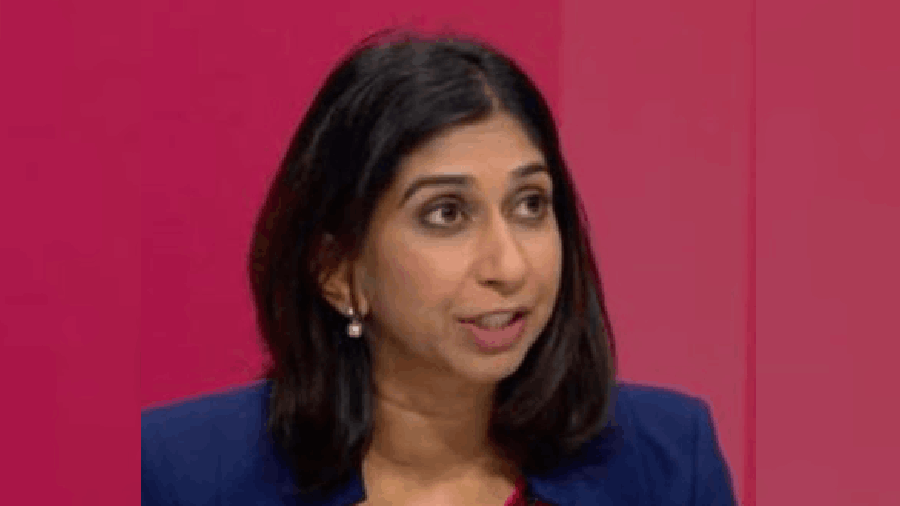Britain wants Indian trade. But it does not want Indians. That, in a nutshell, is the argument of the United Kingdom’s new home secretary, Suella Braverman, whose comments have injected tension into bilateral ties, uncertainty into the prospects of a free trade deal between the two countries, and concern about Britain’s approach to the world. When the then prime minister of Britain, Boris Johnson, had visited India in April, he had — along with Prime Minister Narendra Modi — set a Diwali timeline for the conclusion of an ‘early harvest’ free trade agreement. Such deals are effectively interim agreements that cover some of the areas most important to the two parties, while leaving niggling issues of dispute for a full pact that can be signed later. The interim deal with the United Kingdom, which has been negotiated at breakneck speed in less than two years, could, in theory, dramatically increase bilateral trade, ease movement of people between the two countries and — for those who love their drink — make Scotch whisky much cheaper to import. But for India, easier access to Britain’s high technology industries and financial markets and the end of tough visa restrictions on travel to the UK have always been the central demands from the proposed FTA.
Ms Braverman, however, has suggested that she is squeamish about easing up visa barriers for Indians to enter the UK. Indians, she said in recent comments, tend to overstay in larger numbers than other nationalities. Her comments might sting many Indians more because her parents are of Indian origin. But in fact, they represent the current wave of populist, almost post-ideological, rhetoric guiding British politics. That mindset, also captured by the new British government’s economic policies, has left the pound pounded and millions of Britons struggling to make ends meet. Meanwhile, some reports suggest that data localisation — the concept that British firms that invest in India must not take data of Indian customers outside the country — has also emerged as a source of tension in FTA negotiations. As countries that share a love for tea, India and Britain should perhaps read the tea leaves and hold off on a rushed deal that they might regret. India certainly might do well to be cautious about striking a pact with a British government that seems unclear about what it wants and that, if polls are to be believed, is largely unpopular. There is no point in signing a Diwali deal that might explode.











